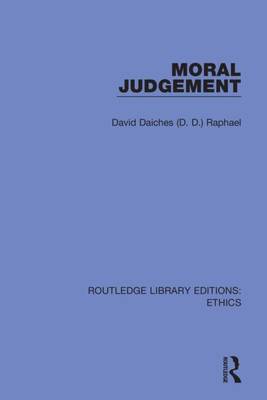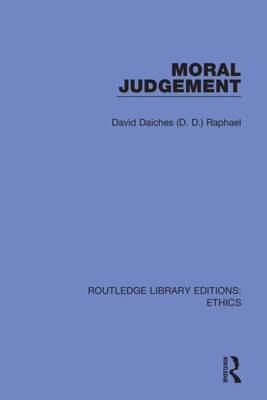
- Retrait gratuit dans votre magasin Club
- 7.000.000 titres dans notre catalogue
- Payer en toute sécurité
- Toujours un magasin près de chez vous
- Retrait gratuit dans votre magasin Club
- 7.000.0000 titres dans notre catalogue
- Payer en toute sécurité
- Toujours un magasin près de chez vous
70,45 €
+ 140 points
Description
Originally published in 1955, this book covers most of the problems of moral philosophy but concentrates on two of them: the criterion of right action and the nature of moral judgment. Rejecting Utilitarianism, it shows how principles of moral obligation may be unified under Kant's formula of treating people as ends-in-themselves. This formula is interpreted in terms of a new, naturalistic theory of moral obligation. Throughout the book the social reference of ethics is emphasized and moral obligation is discussed in relation to rights, justice, liberty and equality.
Spécifications
Parties prenantes
- Auteur(s) :
- Editeur:
Contenu
- Nombre de pages :
- 226
- Langue:
- Anglais
- Collection :
Caractéristiques
- EAN:
- 9780367509019
- Date de parution :
- 01-06-22
- Format:
- Livre broché
- Format numérique:
- Trade paperback (VS)
- Dimensions :
- 156 mm x 234 mm
- Poids :
- 326 g

Les avis
Nous publions uniquement les avis qui respectent les conditions requises. Consultez nos conditions pour les avis.






